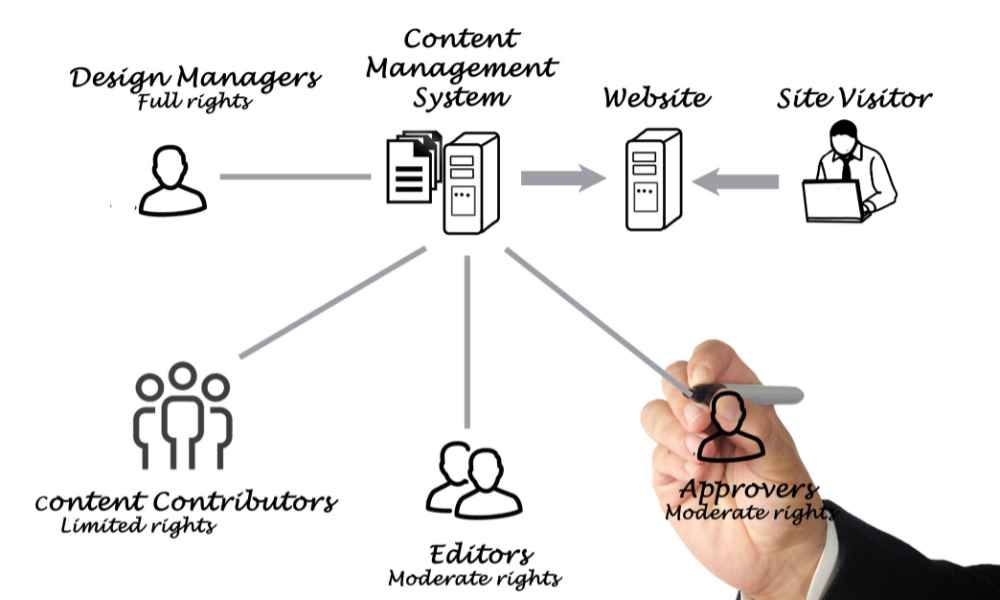In today’s digital age, content is king. Businesses, bloggers, and digital marketers are continually searching for the most effective ways to manage and deliver content. A content management system (CMS) is essential for creating, managing, and optimizing digital content efficiently. This article explores the best content management system, detailing its importance, benefits, and why it stands out as the ultimate solution for managing digital content.
What is a Content Management System?
A Content Management System (CMS) is software that helps users create, manage, and modify content on a website without the need for specialized technical knowledge. Essentially, it provides a user-friendly interface that handles all the complex aspects of web development, allowing you to focus on content creation and overall strategy.
Why a CMS is Indispensable
1. Ease of Use
A CMS simplifies the process of content creation and management. With templates and plugins, users can easily add new pages, posts, and features without coding.
2. Efficient Content Management
It allows multiple users to work on the same project, providing tools to schedule posts, track changes, and manage roles and permissions, which is invaluable for team collaboration.
3. SEO Friendly
Most CMS platforms are equipped with SEO tools that help optimize content, ensuring better visibility and higher rankings in search engine results.
4. Customization
With a CMS, you can customize the look and functionality of your site extensively through themes and plugins, allowing it to evolve with your business.
The Benefits of Using the Best Content Management System
1. Scalability
The best CMS can handle growing amounts of content and increased traffic as your business expands. This scalability ensures that your CMS grows with your needs without requiring a complete platform change.
2. Security
Top CMS platforms offer robust security features, protecting your site from unauthorized access and cyber threats. Regular updates and patches further enhance security.
3. Cost-Effectiveness
By reducing the need for extensive technical support and enabling non-technical team members to manage website operations, a CMS can significantly reduce website management costs.
4. Enhanced User Experience
A CMS helps in creating a dynamic and engaging user experience. Features like responsive design, fast loading times, and effective navigation are all managed efficiently, contributing to higher user satisfaction and retention.
What Makes the Best Content Management System Stand Out?
The best CMS offers more than just basic functionalities; it provides advanced integrations, user-friendly design, and the flexibility to suit various business needs. Here are a few factors that set it apart:
1. Intuitive Interface
The interface should be user-friendly, making it easy for users of all skill levels to find and use its features effectively.
2. Extensive Plugin Ecosystem
A vast library of plugins and extensions can enhance functionality, allowing businesses to add custom features as needed.
3. Strong Community Support
A supportive and active community can be invaluable for resolving issues, sharing best practices, and receiving updates.
4. Regular Updates
Frequent updates not only address security concerns but also introduce new features and improvements that keep the CMS current and efficient.
Conclusion
The best content management system is a powerful tool that can revolutionize the way you manage your digital content. Its benefits—scalability, security, cost-effectiveness, and enhanced user experience—make it an indispensable asset for any content-driven organization. By choosing the right CMS, you ensure that your digital content is not only well-managed but also delivers maximum impact. Remember, the right CMS will fit seamlessly with your business goals, offering the flexibility and tools necessary to stay ahead in a competitive digital landscape.


